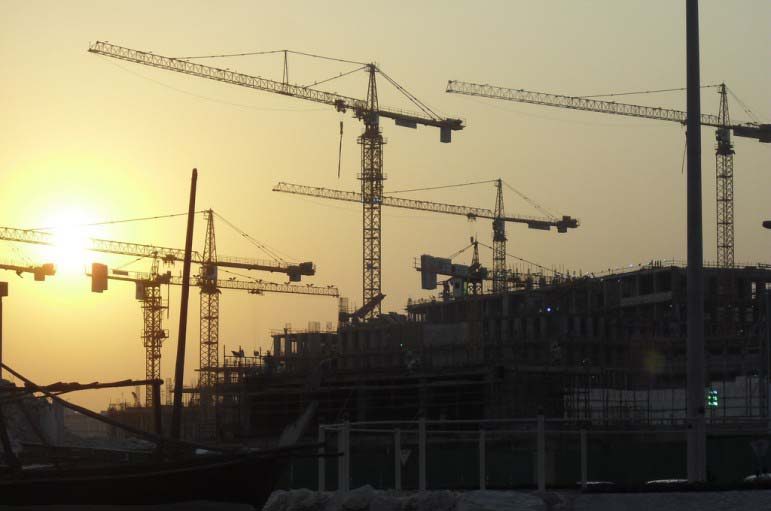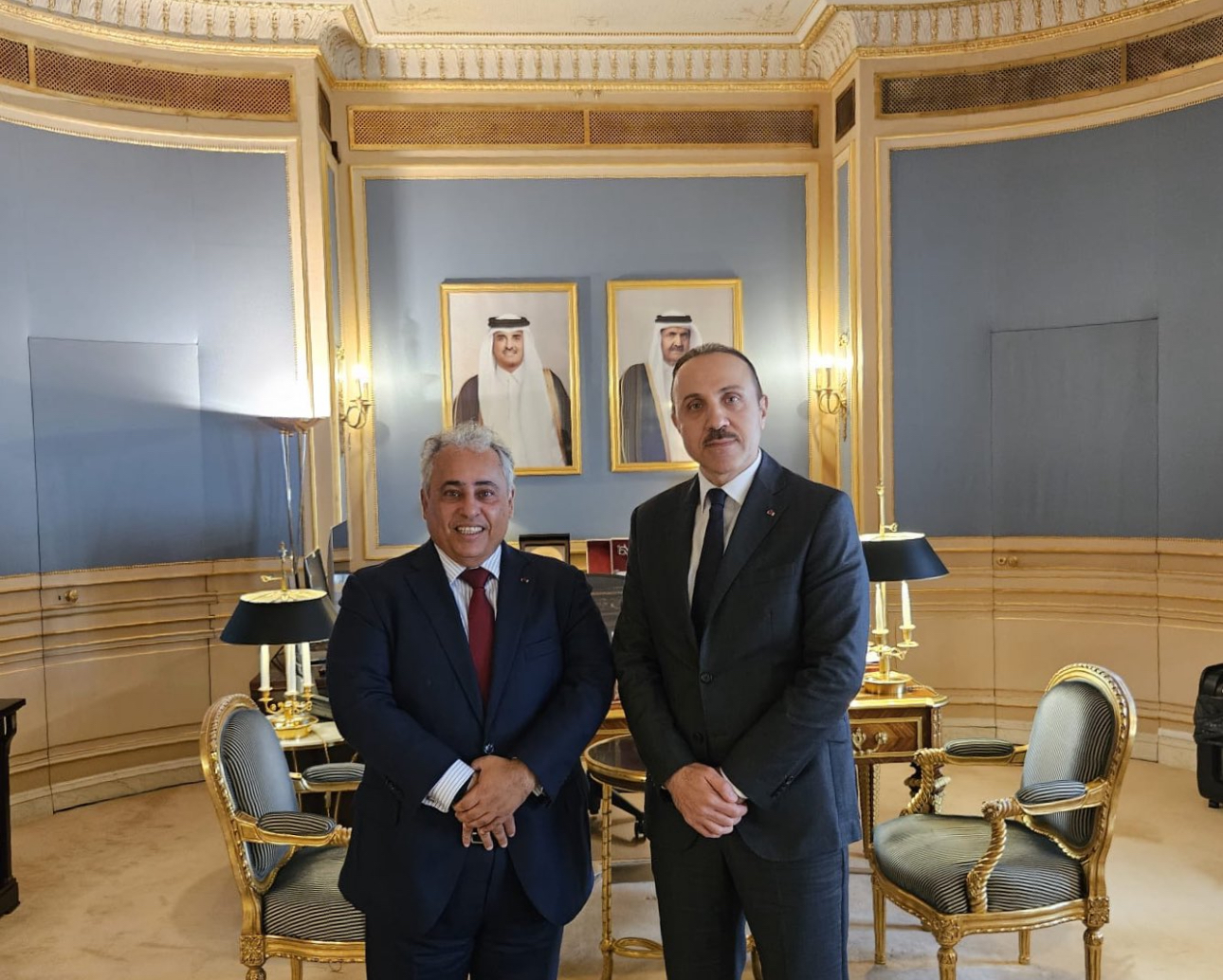
By 2015, Qatar and its five Gulf peers may begin operating under a new, unified building code that adheres to international standards regarding safety and sustainability, a senior GCC official has said.
The moves comes as Qatar embarks upon billions of dollars worth of construction projects, and as residents here become increasingly critical of the nation’s constant building fires and occasional work site mishaps.
Qatar, like many of its neighbors, has not yet developed an official fire safety and building code. According to Civil Defense, the nation relies on various US and UK standards when approving blueprints for construction projects.
Plan moves forward
In June, GCC countries agreed to test the idea of a unified building code through a pilot project that would run from 2015 to 2018, according to media reports in Oman, where officials met to discuss the proposal.
Previously, ministry officials, construction heads and representatives from all six Gulf countries agreed to establish such standards by the end of 2014. At the time, it was also reported that countries who signed on the initiative would only have to use the code as a guideline.
However, during the most recent meeting, there was discussion of making the code mandatory for signatories.
In an analysis piece on the initiative, ConstructionWeekOnline reported this week that while the GCC appears to be moving forward with the unified code plan, debate continues about its merits.
The publication quoted Grahame McCaig, general manager of Gulf Contracting Company, as saying:
“I think building codes will vary between regions and countries but ostensibly a code about how you build or construct things is pretty much uniform no matter where you go. There are always statutory requirements in terms of permitting or bureaucracy, but you have to accept that different countries want things to work in different ways.”
The piece also questioned the enforceability of a unified code, due to high levels of bureaucracy and inefficiencies across countries. Regarding this, McCaig added:
“I’d like to see a uniform approach across all countries to implement minimum standards of health and safety and statutory bodies to make sure they are complied with, such as the HSE executive in the UK – it must have teeth.”
Qatar focus
A unified code could certainly help improve building conditions in Qatar. Previously, Awni Najim, a health and safety coordinator at the Lusail City development project, asserted that some of Qatar’s oldest buildings are sturdier than the structures going up today.
The reason: Priority is placed on aesthetics over safety.
According to the Times of Oman, GCC states are currently operating under 11 different codes. Because Saudi Arabia is the only nation to have its own national code, its neighbors are expected to base their own new standards on KSA’s.
Officials added that each nation was welcome to customize their codes to fit the local requirements, as long as they adhere to international standards.
Thoughts?







